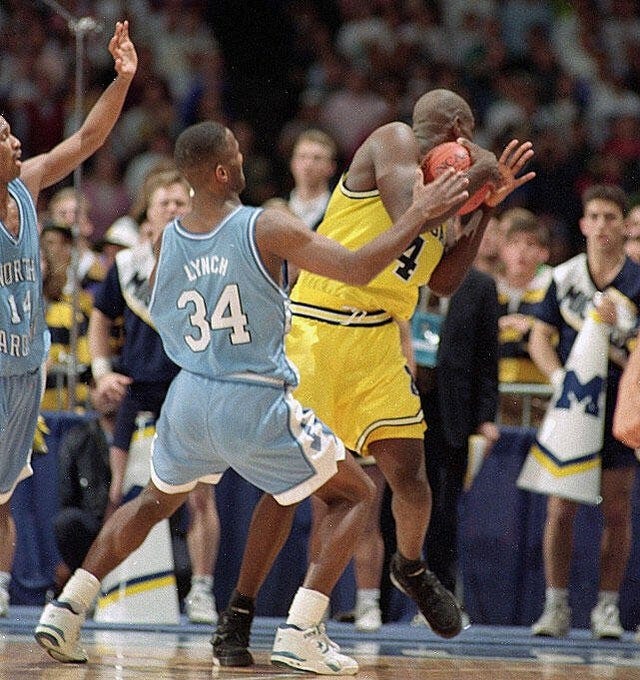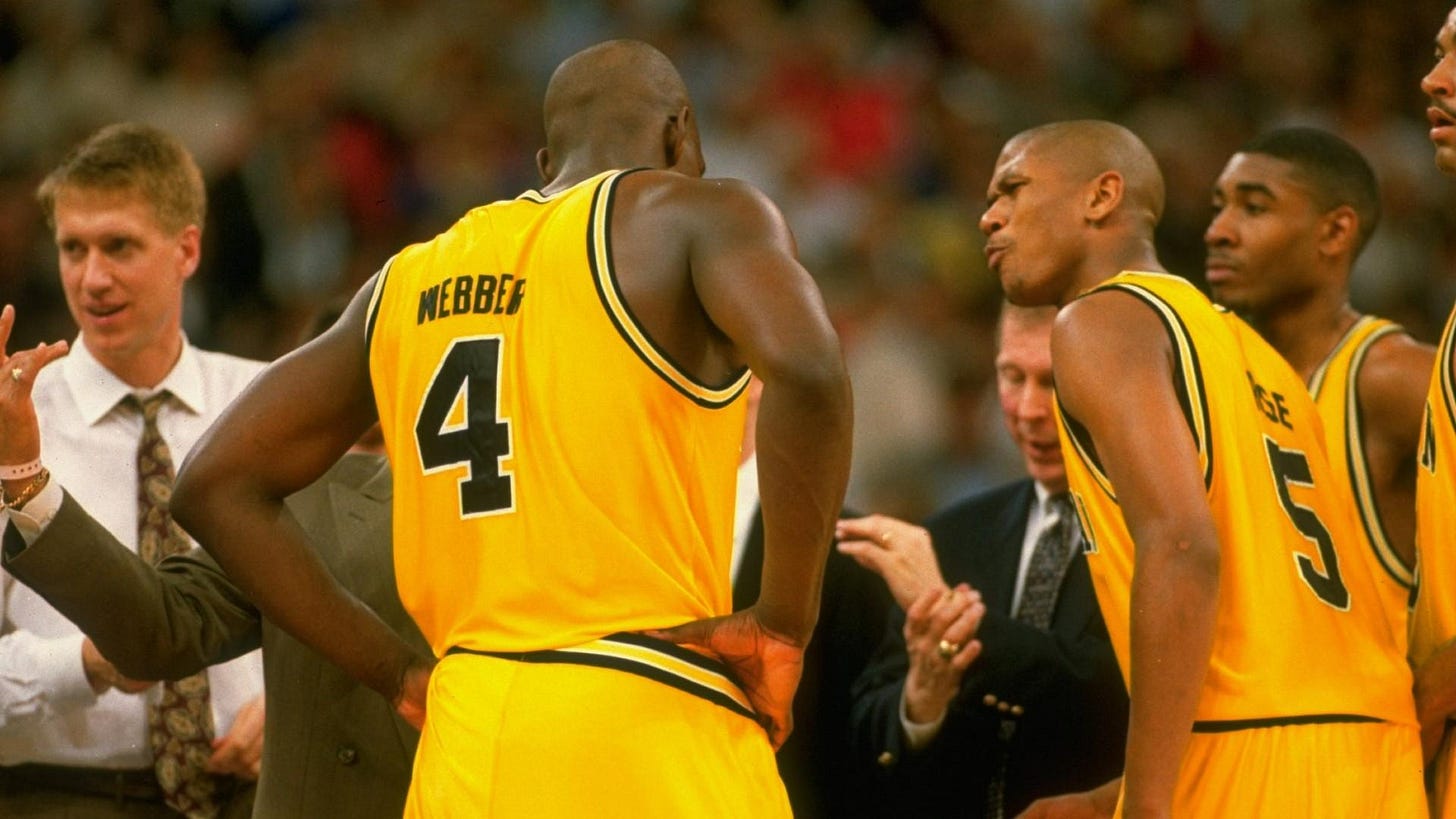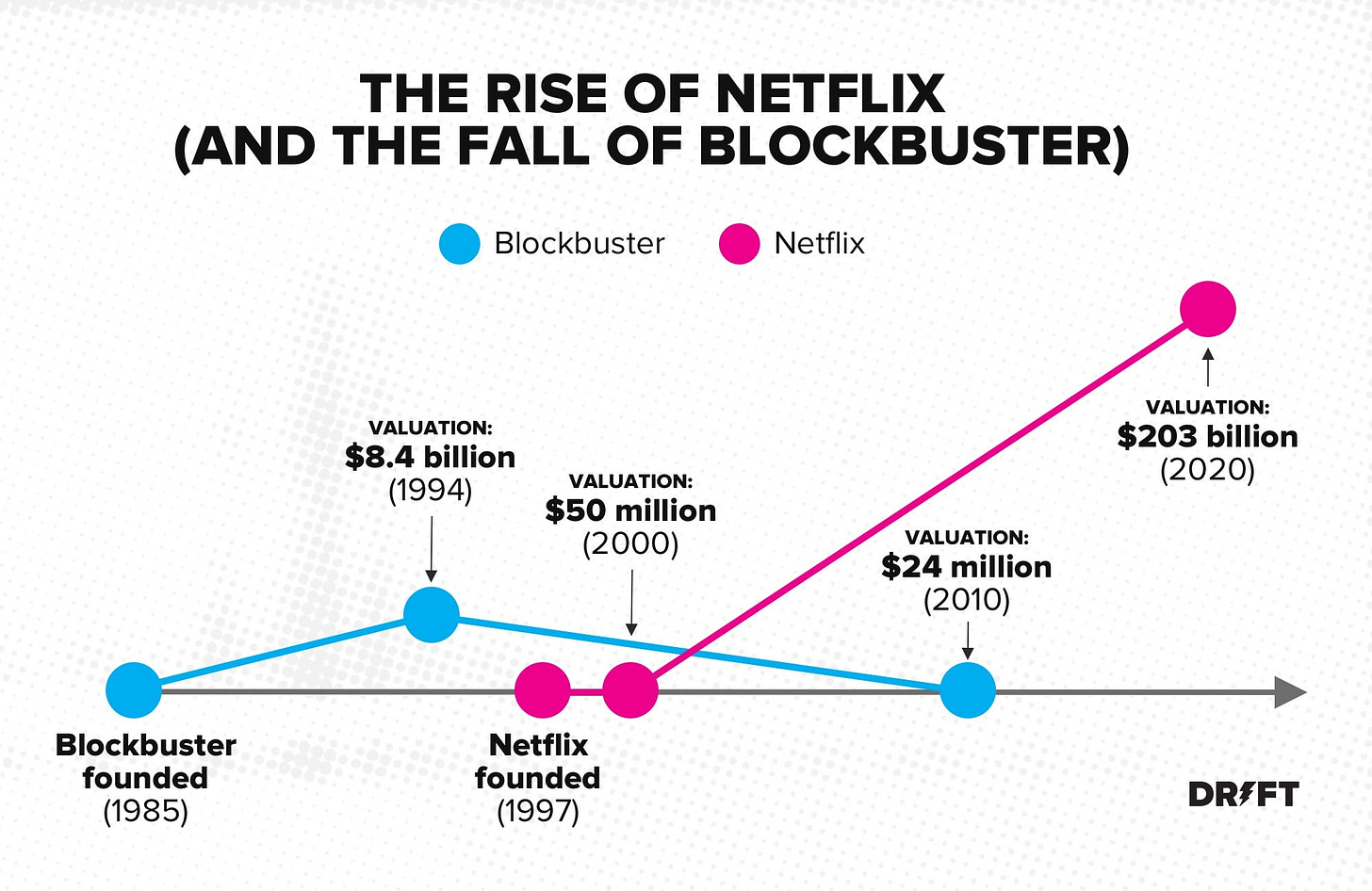Lose a little less
Life, a loser's game
As a kid in high school, my parents always had one rule for when going out with friends. Seemingly, now in a world where we no longer need our parents to be close to supervise. We had the maturity to operate alone. Sometimes, the freedom was furthered by finally getting our driver’s license allowing for endless possibilities. A world once confined to the neighborhood or places within walking distance, just became much bigger.
As we grow and mature, we begin to ride more rides of life except the limiter of the rides isn’t height, but age. Each birthday represented a ticket to a new ride we had never experienced before. Age 16 provided the opportunity to get our driving permit. At age 17, we could drive alone with no one in the car. At age 18, we could buy a lotto ticket, or it was time to start college, the first true taste of real freedom. However, on the other side, of new rides, were opportunities for new, and seemingly more, mistakes, or trouble. That was why parents always had one rule in place.
The one rule was simple when hanging out with friends at that age, “Just don’t do anything stupid.”
Don’t Do Anything Stupid
We were young, naive high schoolers still trying to largely figure out the way of the world, some of our biggest lessons were yet to come. Mistakes were going to be made. Mistakes were inevitable. However, the magnitude of these mistakes is what could be minimized.
Stupid has a very strong connotation and doing something stupid was teetering the line of being catastrophic at that age. A stupid mistake is one that could be easily avoided. One that could have not occurred if we had simply taken a quick account before proceeding. A stupid mistake is a careless pursuit or action that ultimately, could have been easily avoided.

In the case of the image above, sloppy mistakes are synonymous with stupid mistakes.
Stupid mistakes make it hard to continue. Make a stupid mistake with your friends and quickly, you might not have the freedom you were once allowed. Stupid mistakes are blowing up your financial portfolio through zero diversification. Stupid mistakes are calling a timeout in the national championship when your team has none left, sorry Chris Webber.
To provide some context, North Carolina was playing the “Fab Five” Michigan team in the 1993 National Championship and with the game on the line and 12 seconds left, Chris Webber called a timeout with North Carolina up by two. Unfortunately, Michigan had no timeouts remaining. No timeouts remained but one was called for Michigan, which is a technical foul, essentially winning the game for North Carolina. A sloppy, or stupid, mistake that could have been easily avoided by being aware how many timeouts your team has left.
The Sloppiness of SVB
The collapse of Silicon Valley Bank could be looked at as a sloppy mistake by some. They collapsed under the guise of a mismatch of assets and liabilities, not hedging their risk, and a failure to adapt to the new economic environment that we are in. At the surface level, it seems those mistakes could have been avoided.
Anyone in finance or accounting will tell you asset and liability management is of utmost importance for any business. This allows you to recognize and mitigate any risks all while becoming more profitable, reducing risk, and ultimately, becoming more efficient. It is also important to adapt to the changing economic landscape. There is a reason why Blockbuster no longer exists. Failure to adapt to the changing landscape of the streaming world. You have to continue to innovate with the times and it is rather ignorant to not.
Blockbuster could have easily changed and innovated, and it is shocking how easily the mistake could have been avoided. SVB experienced the same. The world continues to innovate and will chew you up and spit you out if you can’t or don’t keep up.
SVB had some mistakes they could have easily avoided but ultimately, one mistake exacerbated another and SVB collapsed. However, it is not about avoiding all mistakes, a life lived that way will ultimately be a life of disappointment.
Minimize Mistakes
Life is about minimizing the volume of mistakes and minimizing the effects of those mistakes while trying to avoid stupid mistakes. You can’t escape them, but you can stop them from compounding.
Ingvar Kamprad, the founder of IKEA, put it quite well, “Making mistakes is the privilege of the active, only those asleep make no mistakes.”
This is how we learn, how we grow. If we made no mistakes, then how would we be able to differentiate between what is right and what is wrong? If you make the mistake of grabbing a cat’s tail as a kid, you quickly learn you should avoid that in the future, the mistake provides a lesson.
In the book, Extraordinary Tennis for the Ordinary Player, Simon Ramo talks about making mistakes, “In expert tennis, about 80 percent of the points are won; in amateur tennis, about 80 percent of the points are lost. In other words, professional tennis is a Winner’s Game - the final outcome is determined by the activities of the winner - and amateur tennis is a Loser’s game - the final outcome is determined by the activities of the loser. The two games are, in their fundamental characteristic, not at all the same. They are opposites.”
I am in an “amateur” sand volleyball league with friends. You have all walks of life, various skill levels, and all different compositions of teams. You have good teams, you have average teams, and you have bad teams. It is a rather competitive league but does not sniff any sort of professional level. After a few games, I realized what made the good teams good. It wasn’t a complex science where I studied game film, checked our positioning in every game, and determined who was best in what role. No, the one common theme of all the good teams was that they just made fewer mistakes than everyone else.
It wasn’t that they were spiking it so hard and fast that we couldn’t return it. It wasn’t that their serves painted the lines so we could barely reach it. Their success could be attributed to them not making mistakes. They played a clean brand of volleyball that just relied on the other team eventually making a mistake. They kept the volley alive, and they minimized their mistakes while eventually, waiting for the other team to fail.
Often, it is not about beating your opponent, but it is about losing less, minimizing those mistakes. Very few of us are participating in an event as a professional. We are not trying to win the points of life; we just want to lose fewer points of life.
Losing and Gambling
Finance is a learning game, and the stock market is one of the best teachers. The meme stock and short-selling craze has really further magnified this notion. If you are not careful by hedging risks, trading different strategies, and diversifying across multiple equities your portfolio can quickly go to zero, or even worse you get margin called.
Sadly, you can search on Reddit and find individuals who have lost it all in the stock market.
“Lost my entire life savings of 40k last year trading options.”
“I’ve been trading for almost 3 years now and lost everything 3 times.”
It is scary but on the other side of someone winning big, there is someone losing big. That is the way in which two-sided markets work. Much of this can be avoided by minimizing mistakes and steering clear of stupid mistakes. Not overleveraging in a single position, diversification, avoiding equities that might go bankrupt, trading options, and the list goes on for avoiding such things. Finance is not about trying to get that home run, trying to win at everything that comes your way. That is an endless chase that leaves you with nowhere to go.
There is a reason why casinos are grand, luxurious buildings that have everything you could possibly want while a person who constantly bets parlays, slots, or double downs on everything quickly takes their balance to zero. The casino is trying to lose less. Slow, small wins along the way. Incremental progress that is reached by losing a little less each time along the way. On the other hand, slot players and parlay betters are chasing the big payouts, the life-changing money. Swinging as hard as they can at every pitch life throws at them. They just want to get rich quick. It is a fool's game.
Parting Words
However, most of the time, life does not work that way. Life is like a game of amateur tennis, a game where we just want to lose less each time. That is what keeps us afloat, keeps our portfolio alive. 80% of the points of life are lost. We just want to lose less each time. We go from losing 80% of the points of life to losing 60% of the points of life, to losing 40% of the points of life, and so on. Mistakes are bound to happen; they are a privilege. We learn from them. Ultimately, what matters is just learning to lose a little less along the way.
Thanks for reading.
P.S. Happy Mother’s Day to all the moms out there. This blog would not be possible without mine, both literally and figuratively.
Scantron’s Selections - A few things I loved this week.




